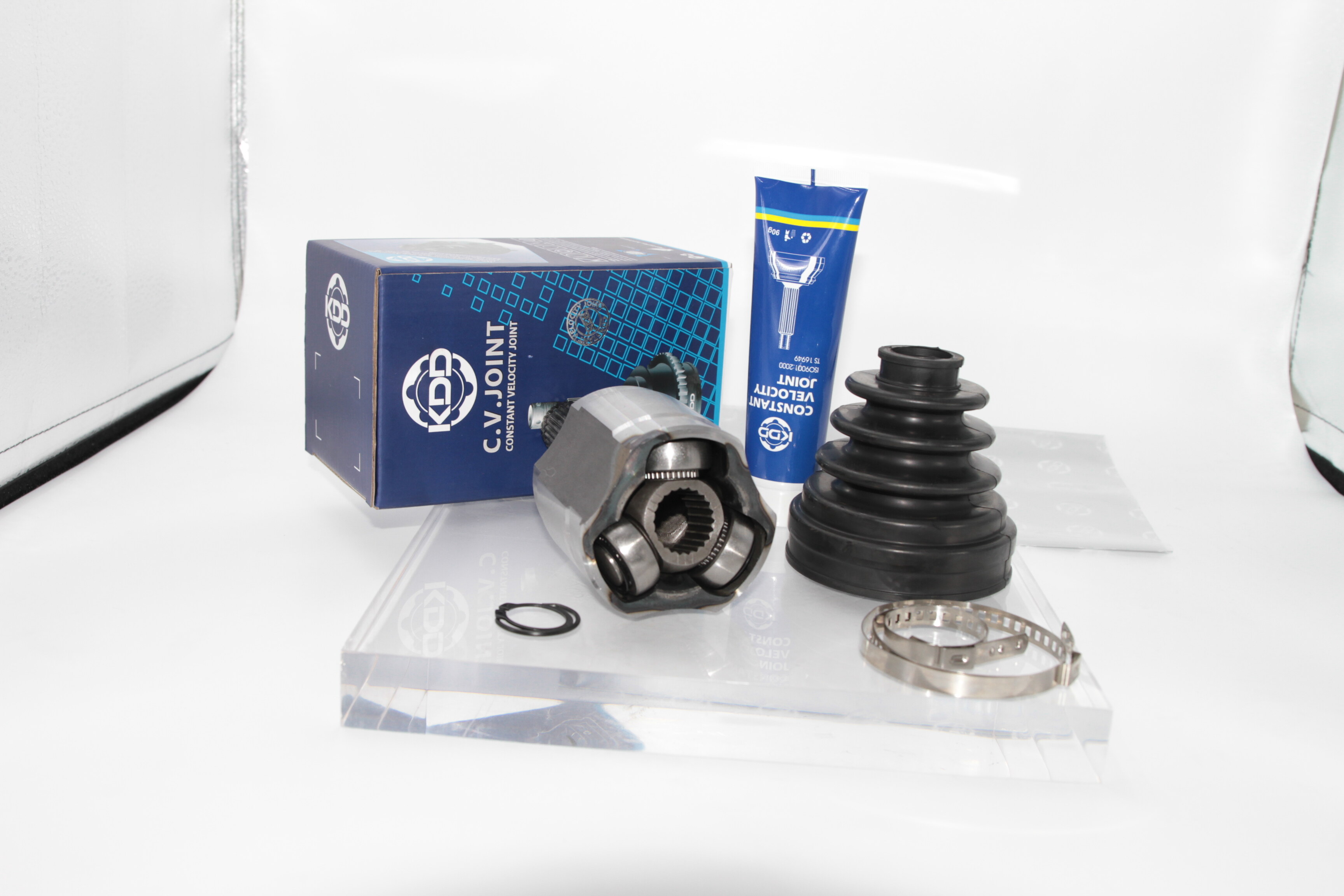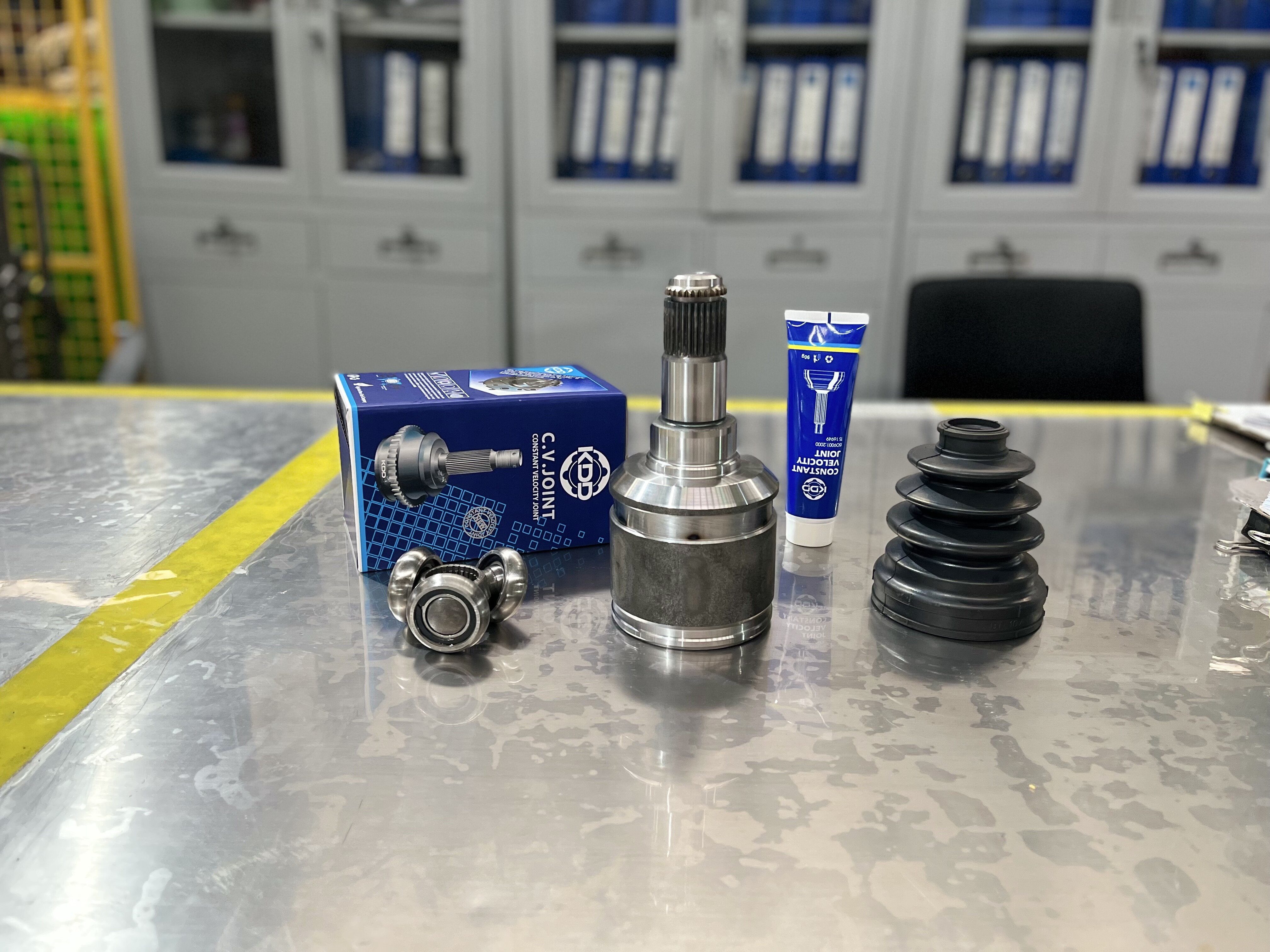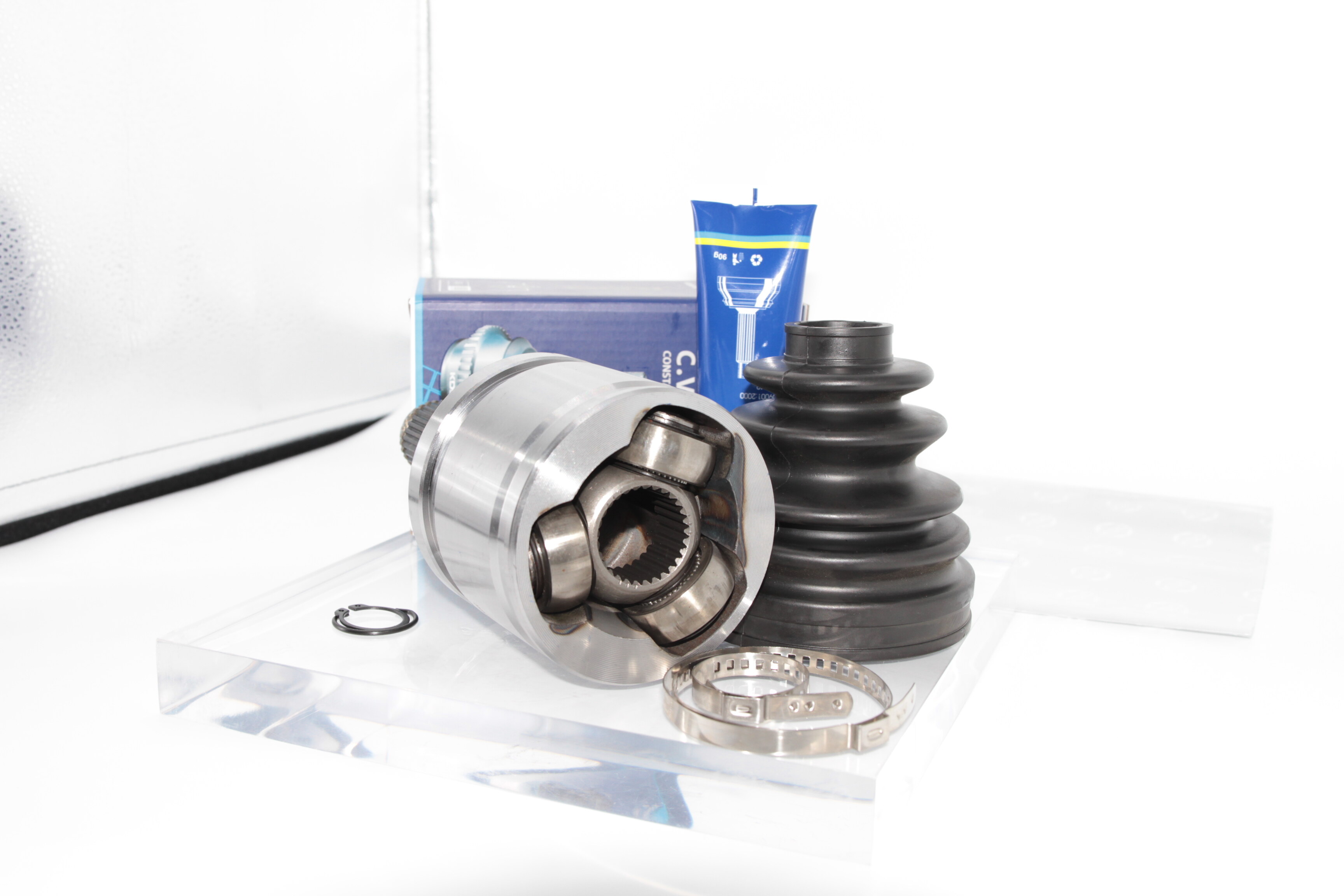Email format error
Email cannot be empty
Email already exists
6-20 characters(letters plus numbers only)
The password is inconsistent
Email format error
Email cannot be empty
Email does not exist
6-20 characters(letters plus numbers only)
The password is inconsistent


What are the symptoms of a bad inner CV joint?
The inner CV joint is an integral component of a vehicle's drivetrain system. Its purpose is to allow power from the engine to be transmitted to the drive wheels efficiently, while accommodating the up-and-down motion of the suspension. Over time, the inner CV joint can experience wear and tear, which can lead to various symptoms. In this blog, we will explore some common signs that indicate a potential issue with the inner CV joint.
1. Clicking or popping sounds:
One of the most noticeable symptoms of a bad inner CV joint is a clicking or popping sound while turning the vehicle. This sound typically occurs when the joint has excessive play or when the CV boot has been damaged, allowing dirt and debris to enter the joint. As the joint rotates, the worn-out components create a clicking noise that can become more pronounced during sharp turns.
2. Vibrations or shuddering:
If you experience vibrations or shuddering while accelerating, it could be an indication of a failing inner CV joint. As the inner CV joint deteriorates, it fails to provide a smooth transfer of power to the wheels, resulting in vibrations that can be felt through the steering wheel or the vehicle's body. These vibrations are often most noticeable during acceleration, especially at higher speeds.
3. Grease leaking from CV boots:
CV boots are protective covers that enclose the inner CV joint and keep it lubricated. When the CV boots become damaged or cracked, they can no longer retain the grease, causing it to leak out. Frequent inspection of the CV boots is crucial, as any signs of grease leaking or the presence of grease splatters on the underside of the vehicle may suggest a failing inner CV joint.
4. Excessive wheel play:
A worn-out inner CV joint can result in excessive wheel play, commonly observed as loose-feeling steering or difficulty in maintaining control of the vehicle. This symptom is generally more noticeable at higher speeds or when cornering. It is important not to disregard excessive wheel play, as it can lead to a loss of control and potential safety hazards on the road.
5. CV joint boot damage:
The CV joint boot plays a crucial role in protecting the inner CV joint from dirt, moisture, and debris. Inspecting the condition of the CV joint boots regularly is important, as any damages, cracks, or tears can lead to a compromised joint. If left unaddressed, dirt and moisture can enter the joint, causing accelerated wear and potential failure of the inner CV joint.
CV joint replacement components
To ensure the longevity and optimal performance of your vehicle's inner CV joints, regular maintenance and timely replacements are essential. Our company offers a wide range of high-quality CV joint replacement components that are designed to withstand the most demanding conditions. Our products are manufactured to OE specifications, ensuring a seamless fit and reliable operation. Visit our website or contact our knowledgeable team to learn more about our products and how they can benefit your vehicle.
Conclusion:
Being aware of the symptoms of a failing inner CV joint can help you identify potential issues early and prevent further damage to your vehicle. Clicking or popping sounds, vibrations or shuddering during acceleration, grease leakage from CV boots, excessive wheel play, and CV joint boot damage are common signs that warrant attention and possible replacement of the inner CV joint. Regular maintenance and the use of high-quality replacement components are key to maintaining the performance and longevity of your vehicle's drivetrain system.



